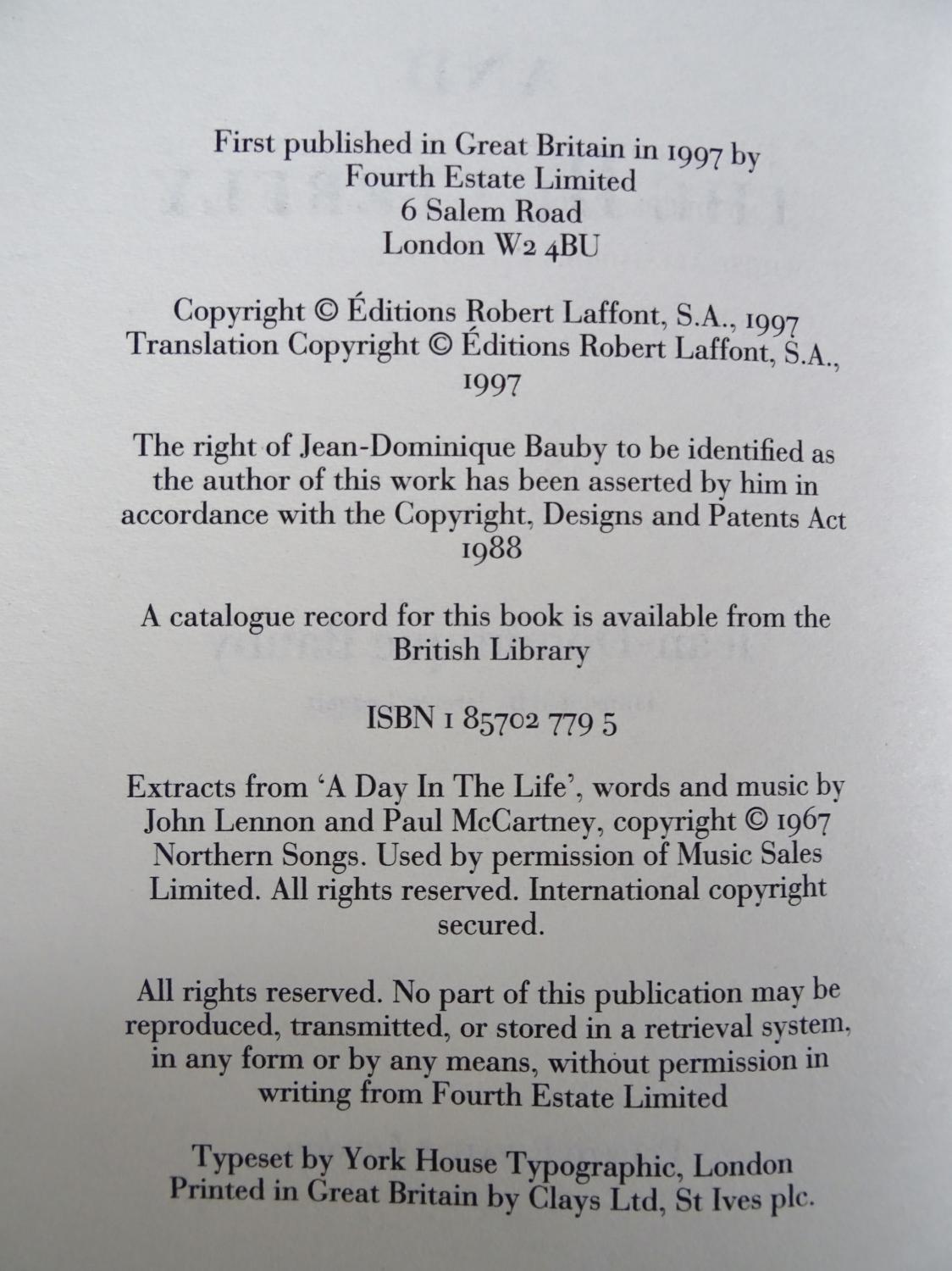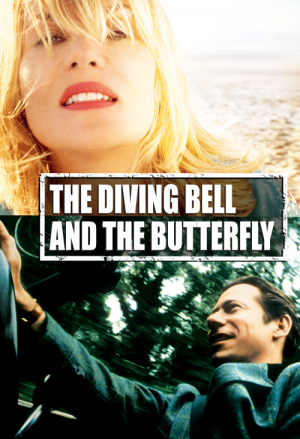
When we meet in a west London pub - she is currently living in the UK with her boyfriend, a Foxtons estate agent - Céleste covers her face as she recalls the moment, which passes as her altered father gradually becomes a more familiar playmate. It is still a painful memory, this childish rejection. "This is not my father, you are lying," she shouts and runs out of the room.

"Īnd as Jean-Dominique wakes from the coma, Céleste remembers looking deep into his opened eye and not recognising him. "I remember the doctor trying to explain to me what happened and I remember saying to him, he has to wake up soon because I am not a patient person and he knows it. Now 20, she has vivid memories of life before her father's illness - "an amazing childhood" cycle rides in the country long weekend lunches "perfect parents". In the film, based on Bauby's lyrical, best-selling memoir of the same name (in French, Le scaphandre et le papillon), she is portrayed as a soulful nine-year-old who prays every night for her dad's recovery. His daughters sing to him, but there seems little connection.Ĭéleste, his one real-life daughter, has seen the movie on three occasions and has cried every time.


A tender Théophile wipes the drool from the corner of his mouth, then cries with his mother. His children - he is given three in the film, though in reality he had just two - are shown struggling to behave normally. He has had a cerebrovascular seizure, a type of stroke, which puts him in a coma for three weeks, and from which he emerges unable to talk, move or perform any of the basic functions of life.


 0 kommentar(er)
0 kommentar(er)
